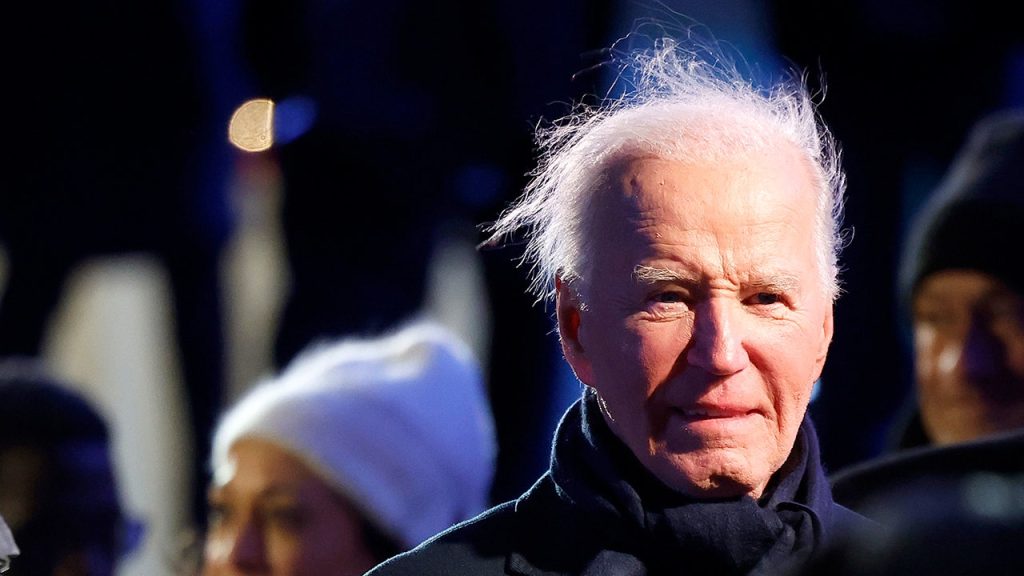As President Biden’s term nears its conclusion, he contemplates a momentous decision concerning the fate of the 40 individuals residing on federal death row. Reports indicate that he is seriously considering commuting the sentences of the vast majority, potentially all, of these inmates. This move represents a significant departure from the stance of his successor, President-elect Trump, who has signaled his intention to expedite federal executions.
The impetus for this potential commutation originates from a recommendation by Attorney General Merrick Garland, who oversees the federal prison system. Garland reportedly advised Biden to commute all but a select few death sentences, reserving exceptions for cases deemed particularly egregious. These exceptions likely include individuals like Dzhokhar Tsarnaev, convicted for the 2013 Boston Marathon bombing; Robert Bowers, responsible for the 2018 Tree of Life synagogue shooting; and Dylann Roof, who perpetrated the 2015 Charleston church massacre. These cases represent some of the most heinous acts of violence in recent American history, and their perpetrators’ crimes resulted in significant loss of life and widespread trauma.
Conversely, those whose sentences could be commuted represent a diverse array of criminal backgrounds. Among them are an ex-Marine convicted of murdering two young girls and a female naval officer, a Las Vegas man found guilty of kidnapping and killing a 12-year-old girl, a Chicago podiatrist who murdered a patient to prevent her testimony in a Medicare fraud case, and two men implicated in a kidnapping-for-ransom plot that led to the deaths of five Russian and Georgian immigrants. While their crimes are undeniably serious, they arguably lack the same level of notoriety and public outrage as the aforementioned exceptions.
This potential wave of commutations arrives on the heels of a meeting between President Biden and Pope Francis, during which the Pope advocated for clemency for America’s death row inmates. A devout Catholic, Biden has long expressed personal reservations about capital punishment. This latest development suggests that his administration is actively exploring avenues to align federal policy with his moral convictions. The timing of a potential decision, possibly before Christmas, adds a layer of urgency to the situation. The central question remains the scope of the commutations: will Biden grant clemency to all but a handful, or will he opt for a more comprehensive approach encompassing the entire death row population?
President Biden’s stance on capital punishment marks a distinct shift in presidential policy. He is the first president to openly oppose the death penalty, having campaigned on a platform of eliminating it at the federal level and encouraging states to follow suit. Early in his presidency, he reportedly contemplated an executive order to achieve this goal, but ultimately refrained. Instead, Attorney General Garland implemented a moratorium on federal executions, pending further review of capital punishment practices. This move effectively halted federal executions under Biden’s administration.
This potential large-scale commutation of death sentences represents a significant development in the ongoing debate surrounding capital punishment in the United States. It pits President Biden’s moral convictions and policy objectives against the contrasting views of his successor and a segment of the American public that continues to support the death penalty. The decision’s repercussions will undoubtedly reverberate throughout the legal system and the broader political landscape. The ultimate outcome hinges on the delicate balance between justice, mercy, and the evolving societal views on the appropriateness of state-sanctioned death. The potential commutation further highlights the complexities of navigating deeply held beliefs and the practical realities of governing a nation grappling with fundamental questions of life, death, and punishment.


